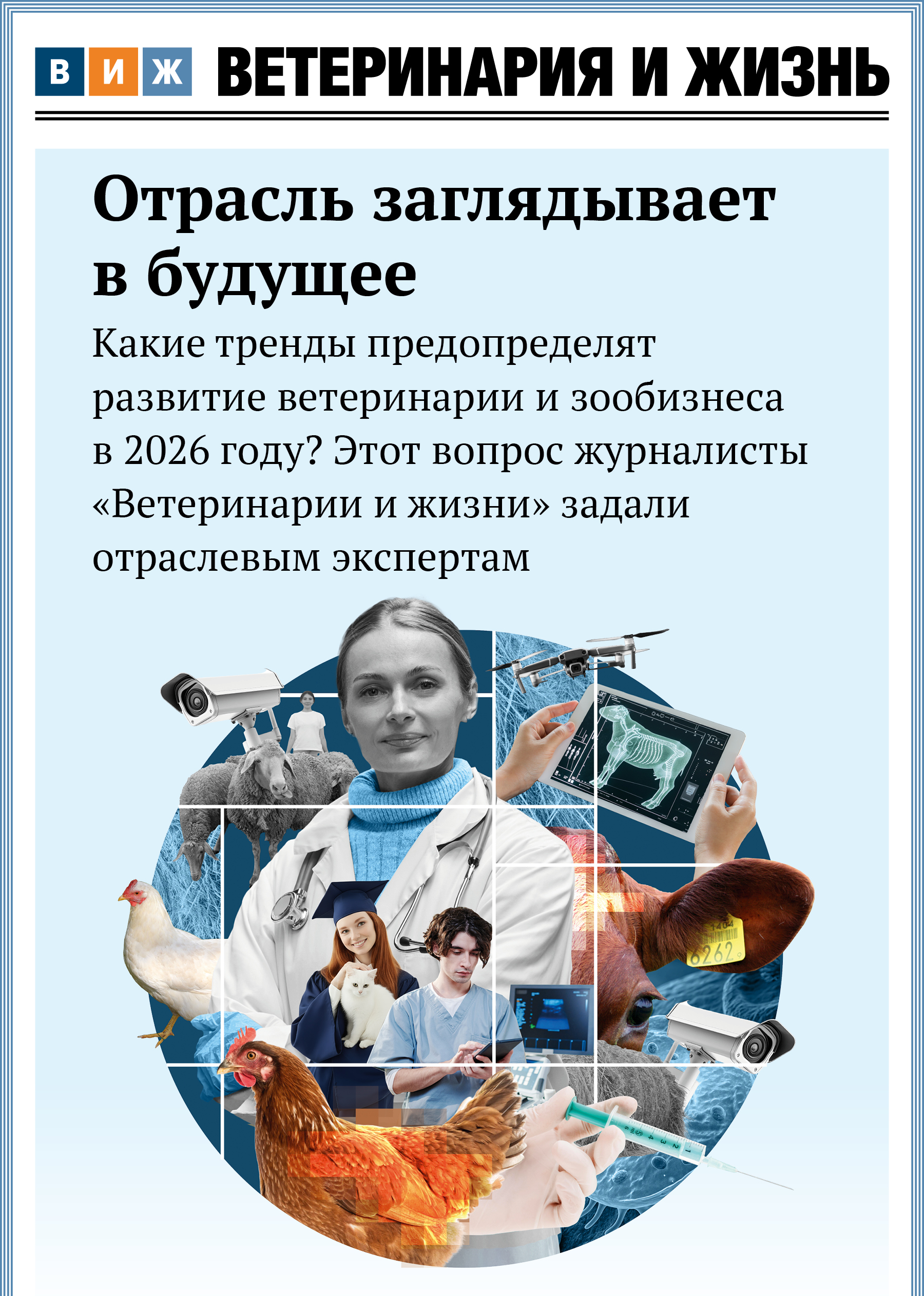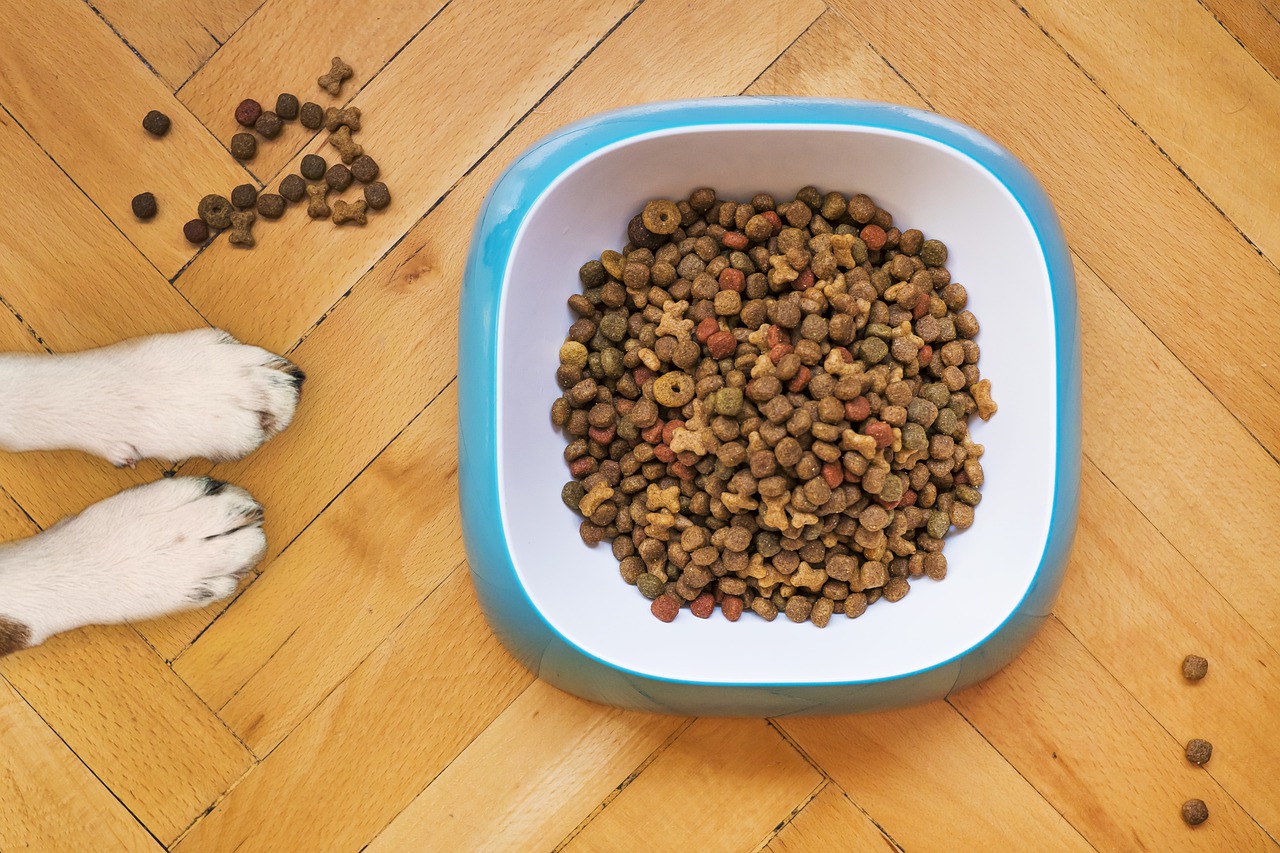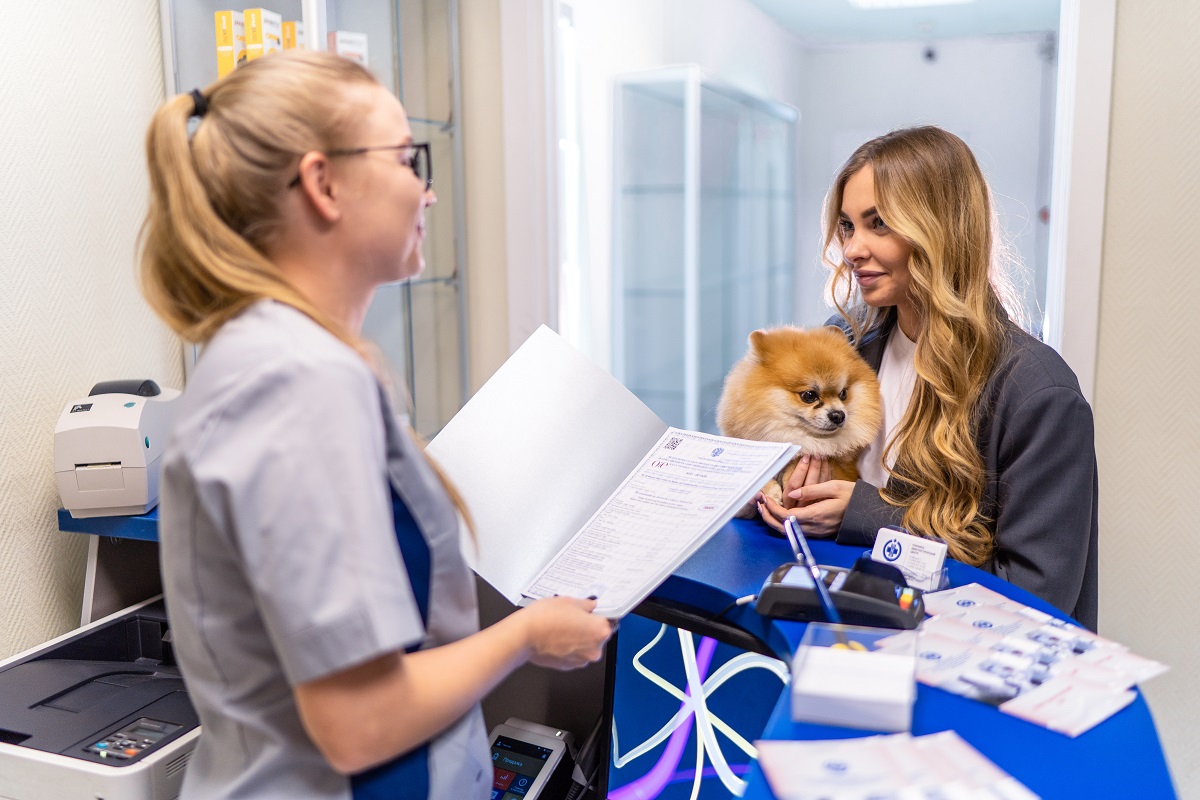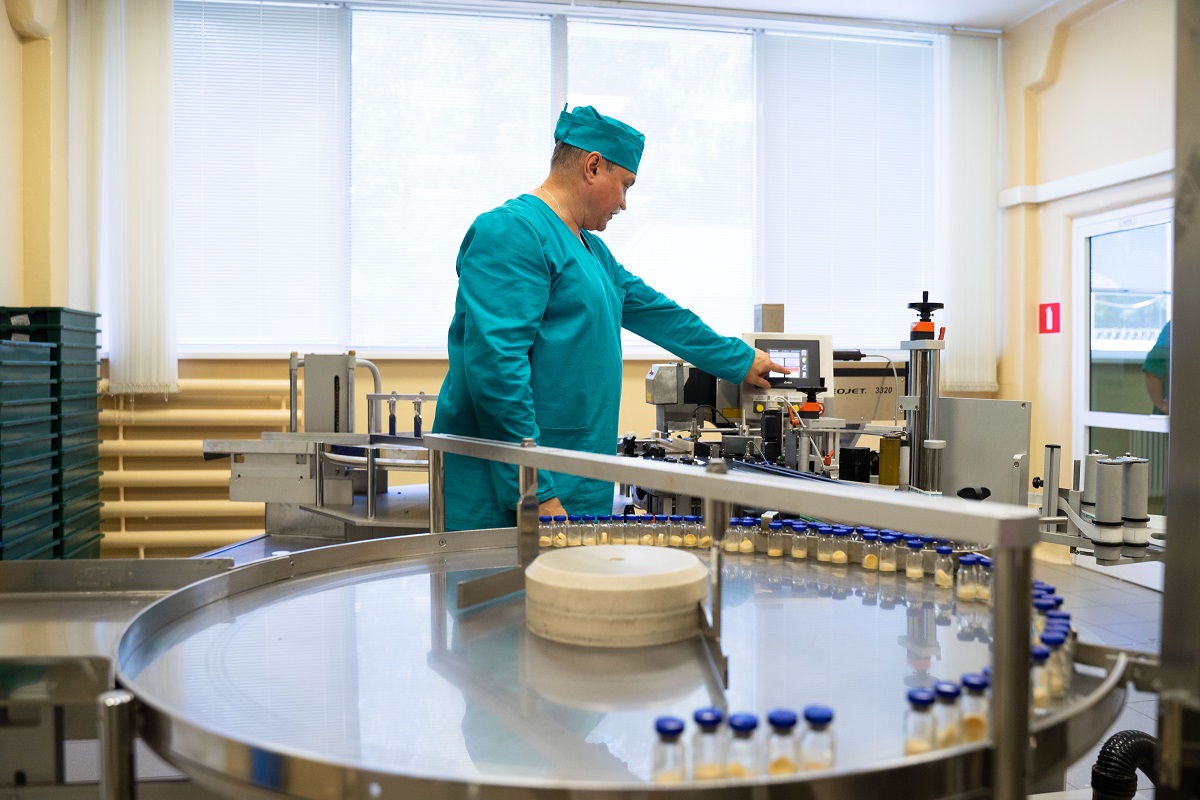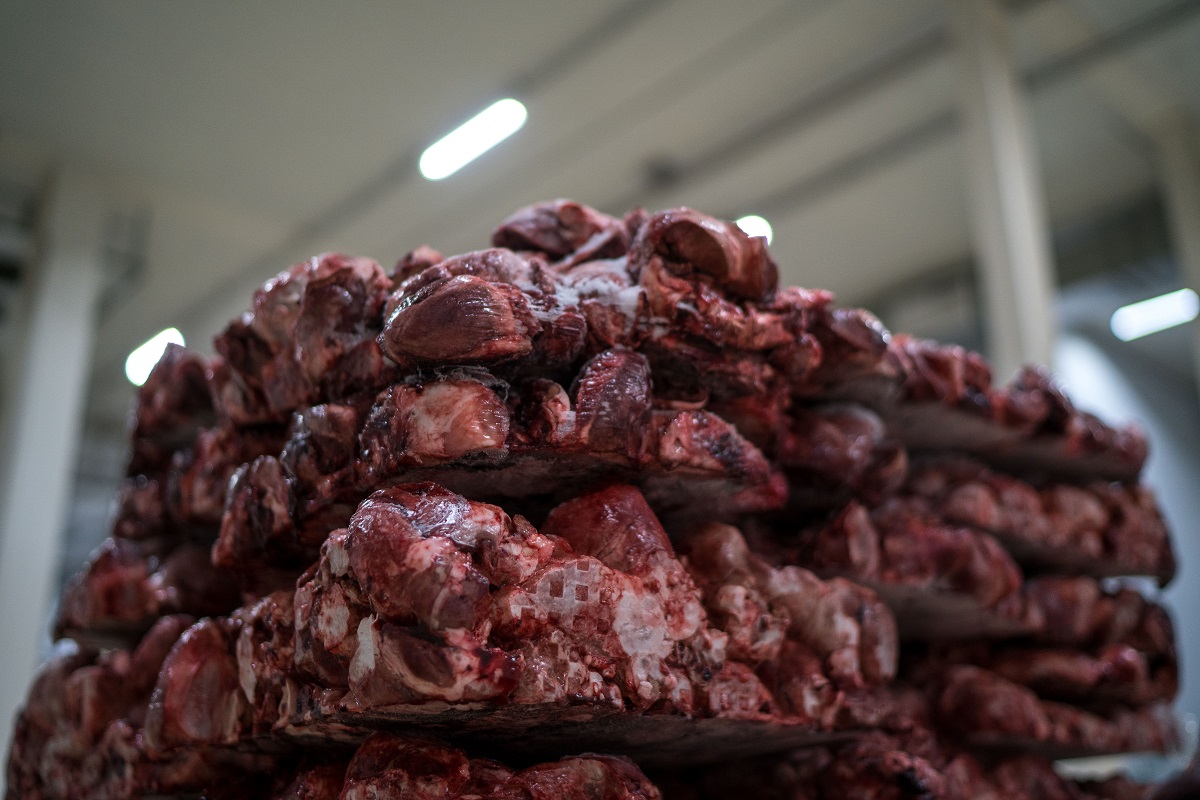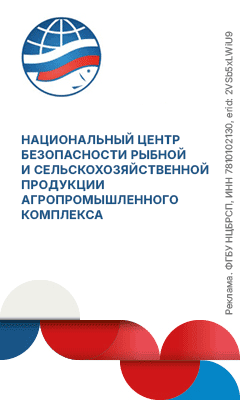The violations mainly involved the detection of pathogenic microflora and fungi, GMOs, antibiotics, and the wrong proportions of microelements and vitamins. Some feeds didn’t contain meat, which was replaced with vegetable components.
“Most commonly, expensive meat ingredients are replaced with cheaper meat or plant-based substitutes. The same is true regarding plant components,” the report says.
The Service added that the detection of pathogenic microflora and fungi in feed indicates violations of feed hygiene regulations and technology requirements at production facilities or the use of low-quality raw materials.
To prevent the presence of dangerous feed on the commercial market, the service uses the FGIS VetIS Mercury system for monitoring. The Mercury system provides Rosselkhoznadzor’s staff with the tools necessary to identify raw materials of unknown origin supplied to the manufacturers and to reveal adulteration of ingredients. “Besides that, the AI model processes large amounts of data on the movement of raw materials and finished products and detects inconsistencies, which contributes greatly to the performance,” the press service added.


